Russian anti-war activists trapped as Europe cuts humanitarian visa options
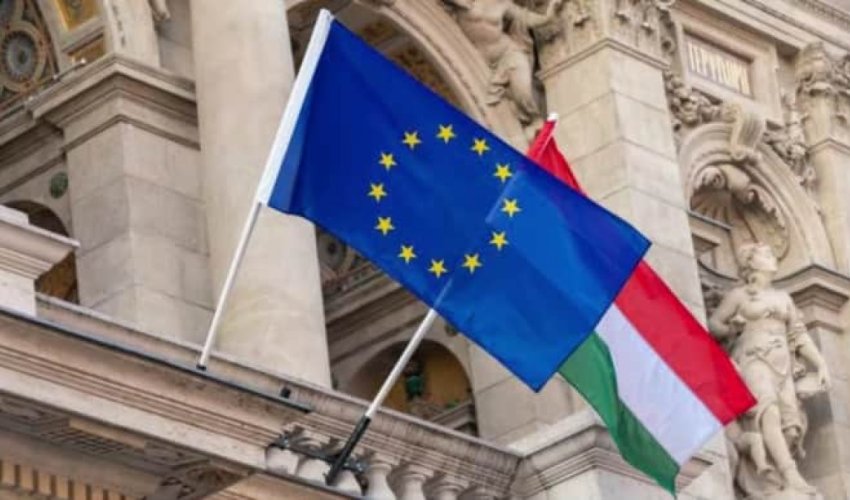
The case of student Ilfat Gareev illustrates how Russian anti-war activists are increasingly trapped after fleeing their country. At 19, he faced criminal charges for online comments, was placed on Russia’s extremist and terrorist list, and fled to Armenia.
By age 20 his internal passport had expired, and with no chance of obtaining new documents at the Russian consulate, he was unable to work or study.
Germany granted him a humanitarian visa and issued a special “grey passport,” but Armenia barred him from leaving due to a CIS arrest warrant requested by Moscow. His visa expired before he could travel, and Germany has since frozen its program for Russians and Belarusians.
Since the start of the war, about 2,600 Russians have entered Germany on humanitarian visas — a fraction compared to nearly 57,000 who gained residence permits on other grounds. Germany and France ran the largest humanitarian visa schemes, but the freeze has sharply reduced opportunities for activists like Gareev.
Rights groups say deserters face even harsher barriers, as EU asylum systems rarely accept their cases. European governments, once calling on Russians to oppose the war, are now focused on domestic security and limiting migration amid rising defense costs.
Latest news 
More news 
























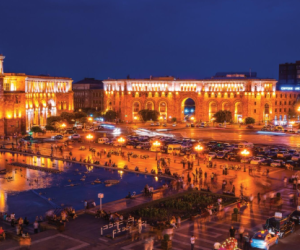
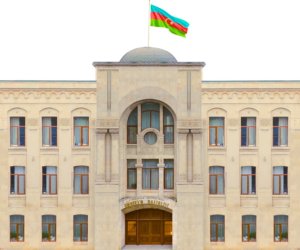




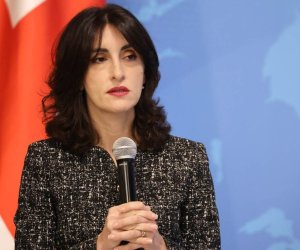
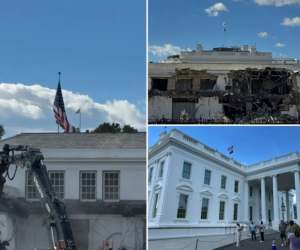
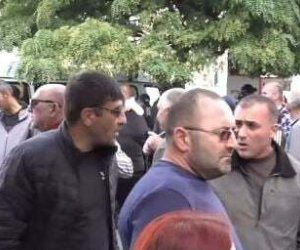


 Photo
Photo 



 Video
Video 

